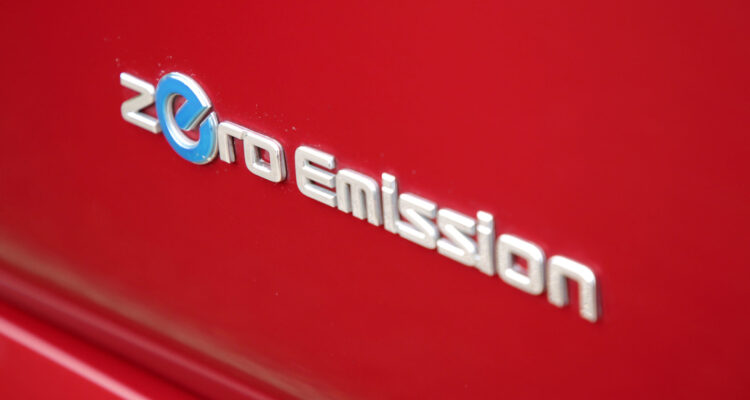Paul Holland, Managing Director for UK/ANZ Fleet, FLEETCOR gives his opinion on what is likely to happen to EV policy in this week’s budget.
“The next budget will be very interesting, both for the UK’s fleets and the country at large. It will be either the last or the second from last of the current government, depending on when they call a general election, and with Labour in a twenty point lead in the polls the pressure will be on to do something transformative in contrast to last autumn’s damp squib.”
“Transport, fuel, infrastructure and many of the other aspects of government policy that directly impact the UK’s fleets and many people’s everyday lives would be an ideal place to win back the public’s favour. Doing something to address the worries of the 74% of British adults who are worried about climate change may also win back a sliver of the electorate. Recommitting to increasing the number of electric vehicles (EVs) on the roads could achieve both in a single piece of legislation, but there are many reasons to believe that this won’t happen. Despite being a common-sense matter of one fuel (electricity) costing far less than another (fossil fuels), EVs are one front in a larger culture war, and it may be that the government doesn’t want to alienate its core voters. It should be noted that, based on our own AllCosts report, it is only the case that EV charging is significantly less expensive than petrol and diesel if drivers are charging at home – public chargepoints can cost 20 times more than home charging.”
“EV adoption is slowing now that early adopters are onboard and incentives to buy new vehicles and invest in infrastructure have expired. A similar pattern happened in Norway, where after an initial period of enthusiasm the government failed to maintain momentum with ongoing or enhanced incentives and new EV sales slowed. New EV registrations dropped from 174,845 in 2022 to 125,407 in 2023 after over a decade of rapid expansion. The Netherlands showed the same pattern: EV sales were high until 2021, then dropped significantly. KPMG reported that while EVs were significantly cheaper to run than fossil-fuel vehicles, they cost so much more to buy that consumers are turned off- this is likely doubly true for budget-conscious fleets. If we reintroduced more incentives then we could see EV use speed up again, and the UK’s fleets and motorists alike would spend far less on fuel, benefitting everyone.”
“With Labour backing away from their climate pledge there is a gap in the political market for leadership on climate that also benefits companies and drivers, but I am sceptical that this will happen in the forthcoming budget.”



















